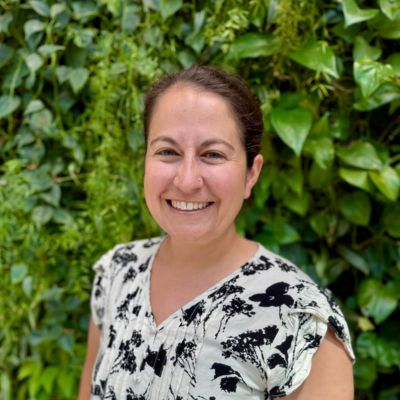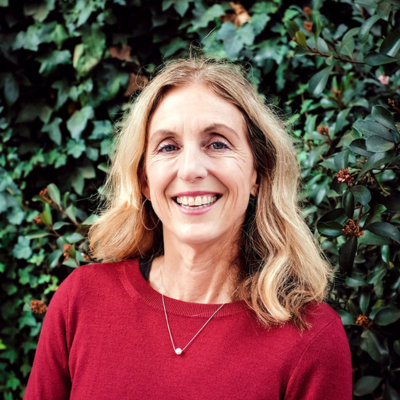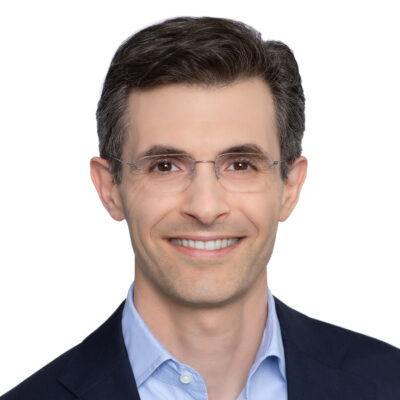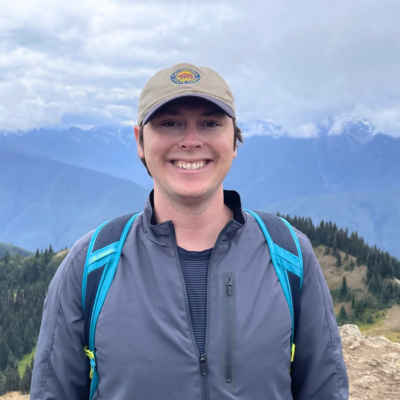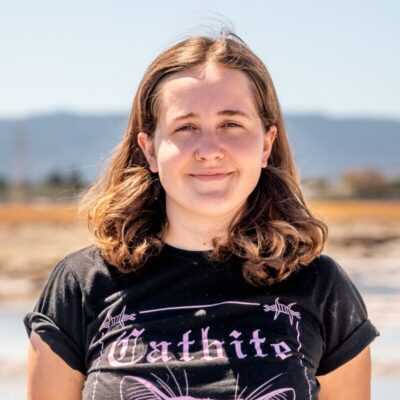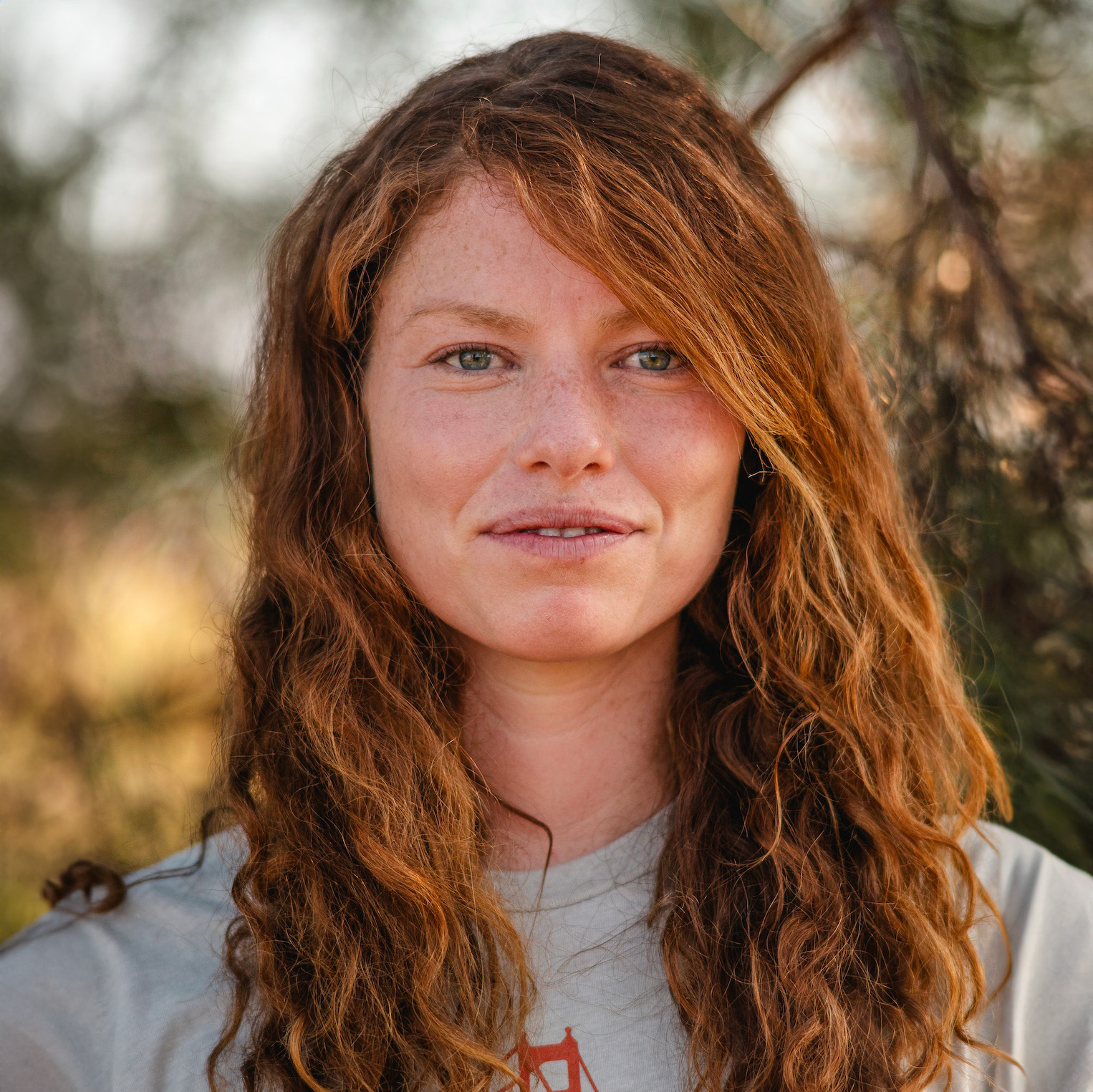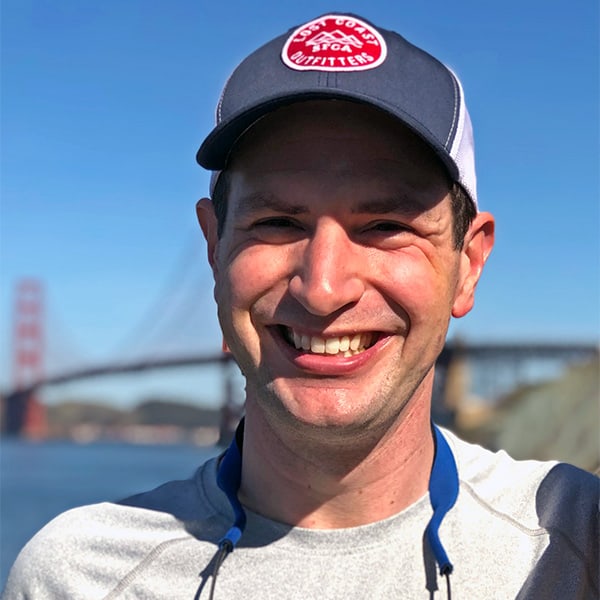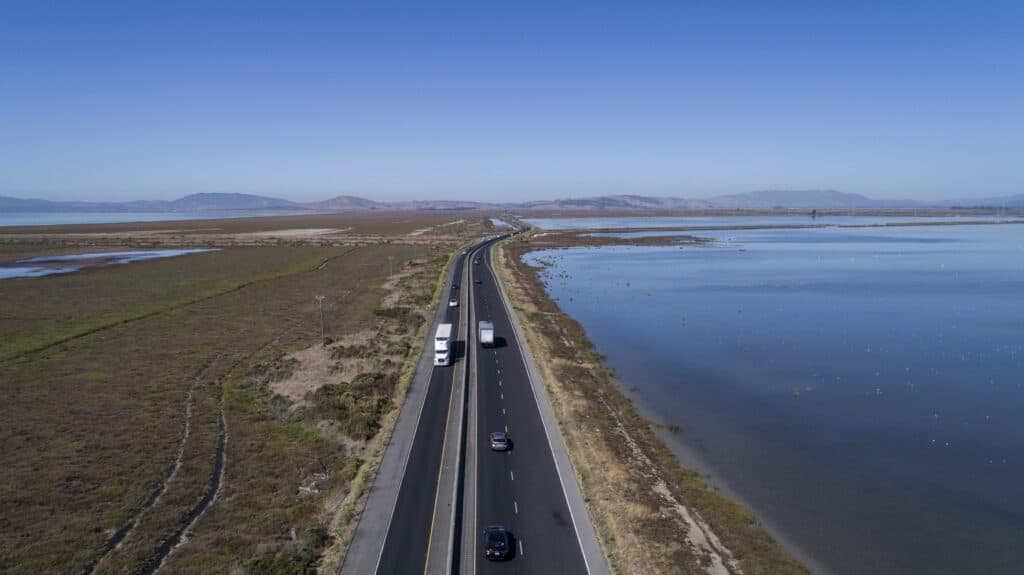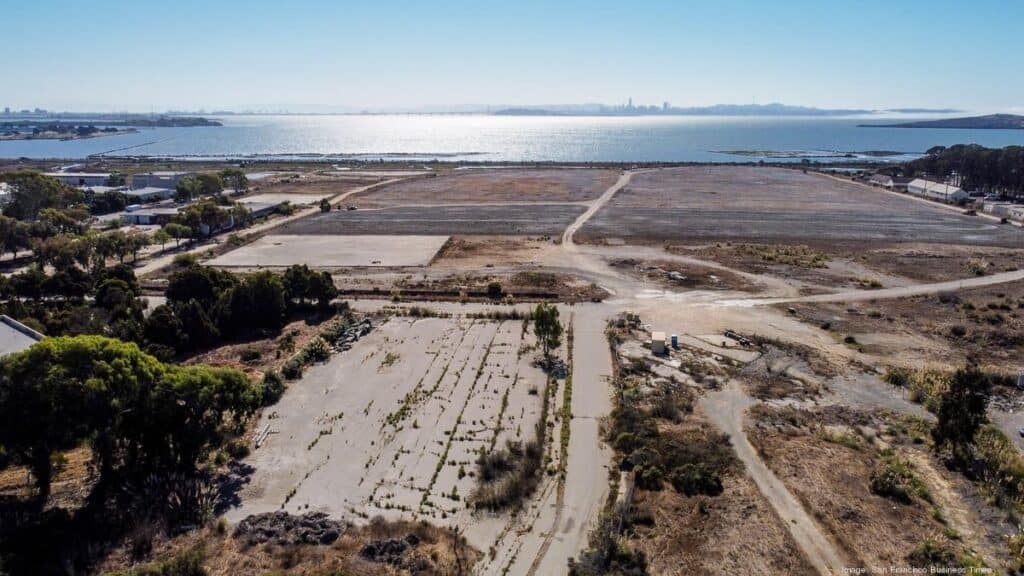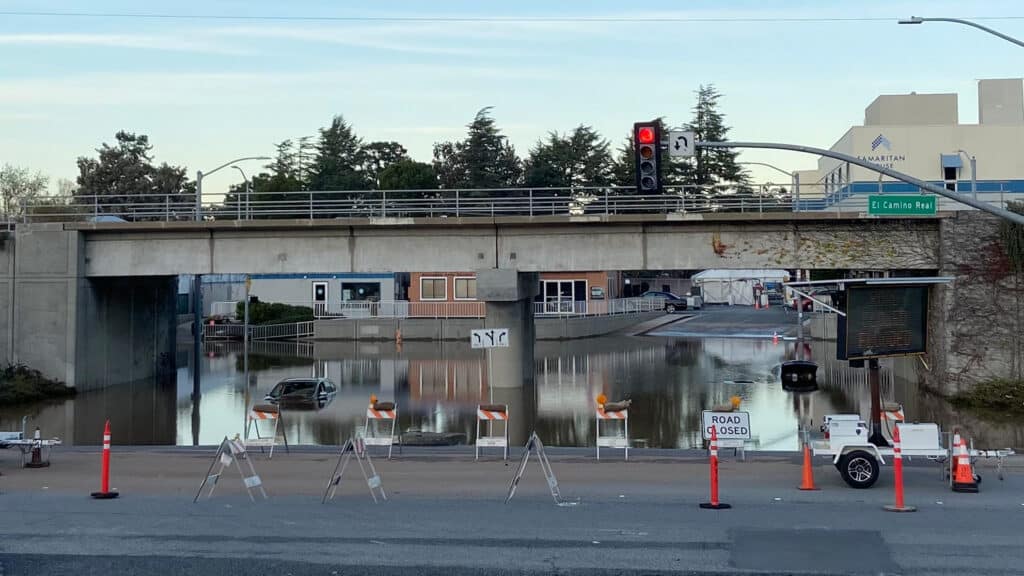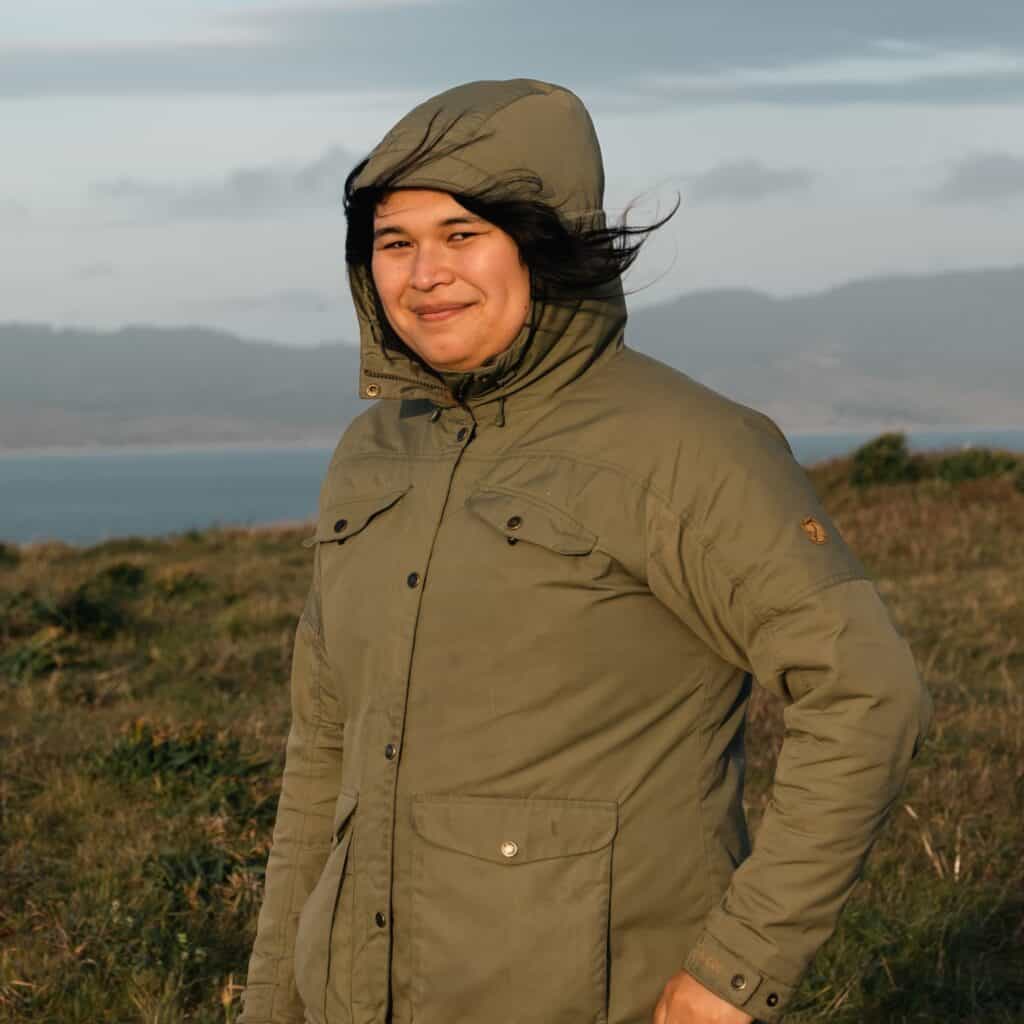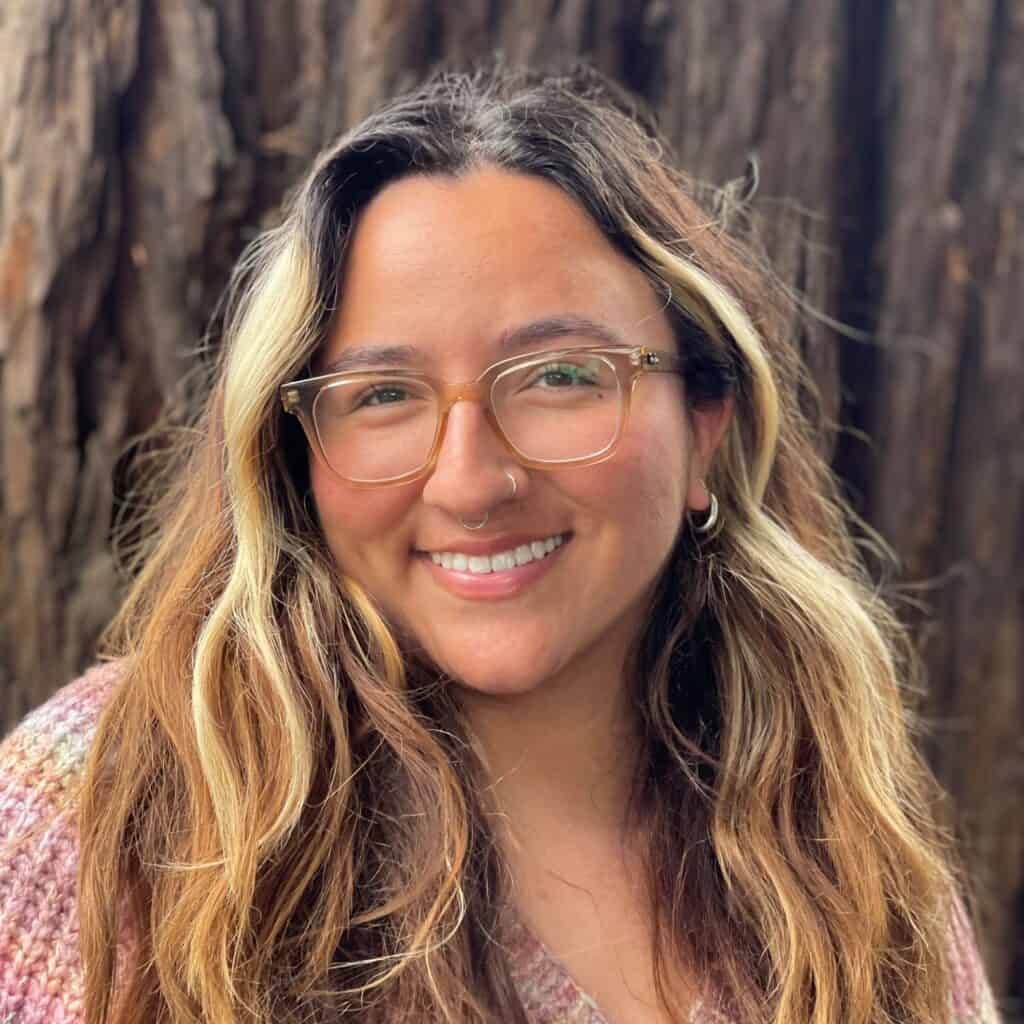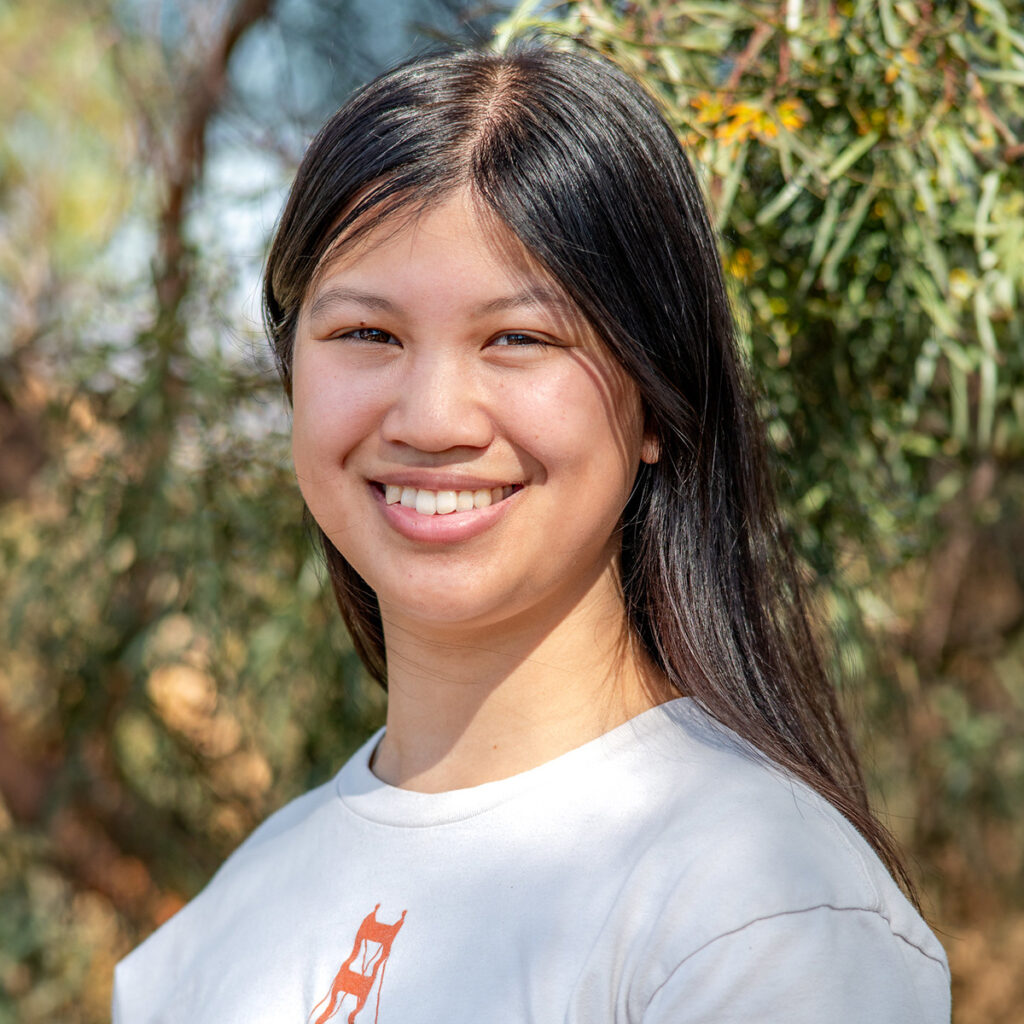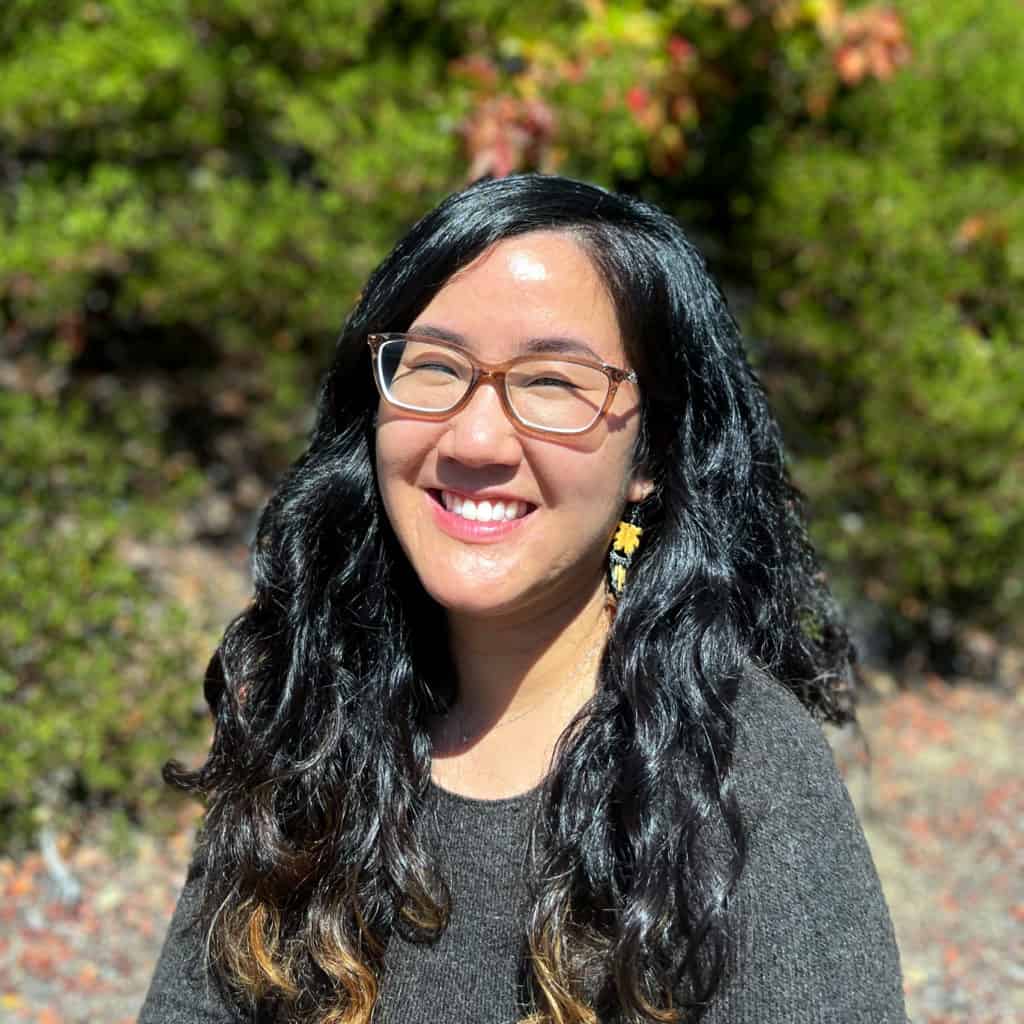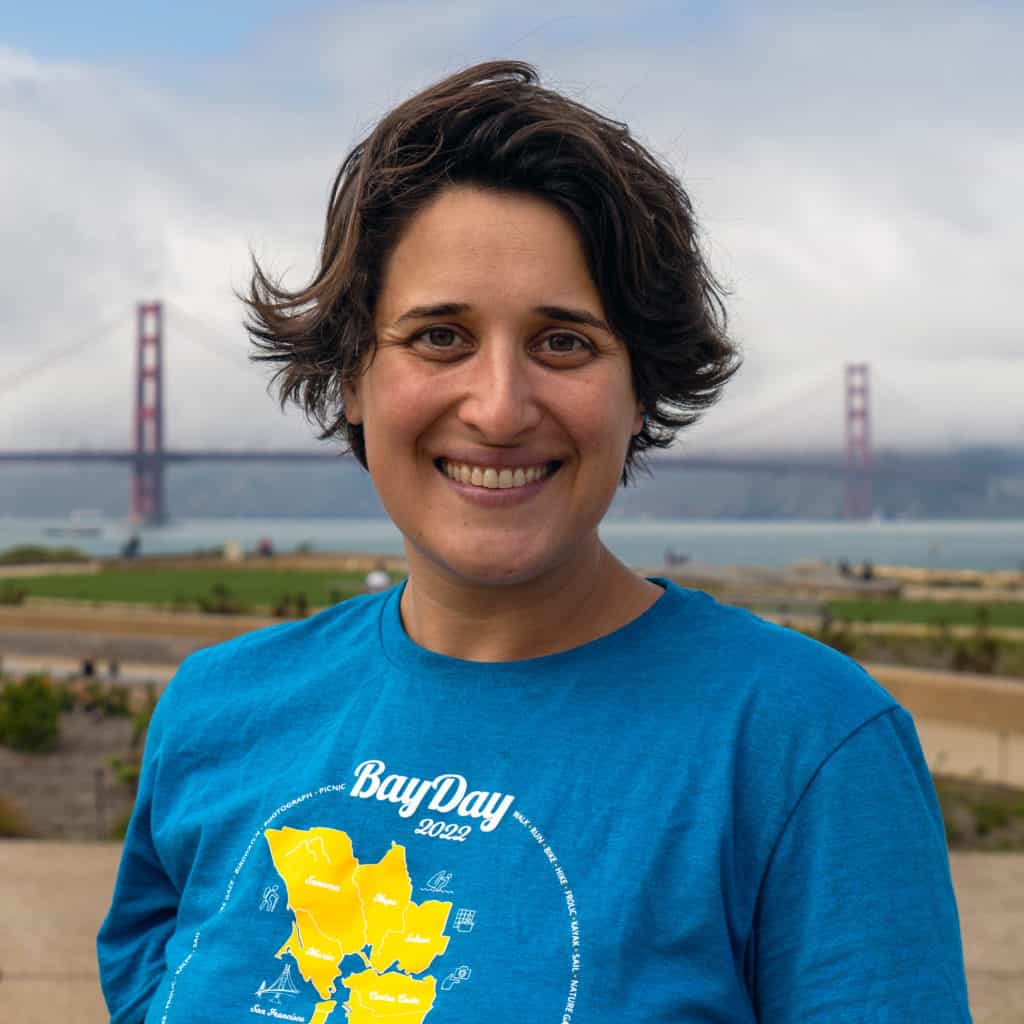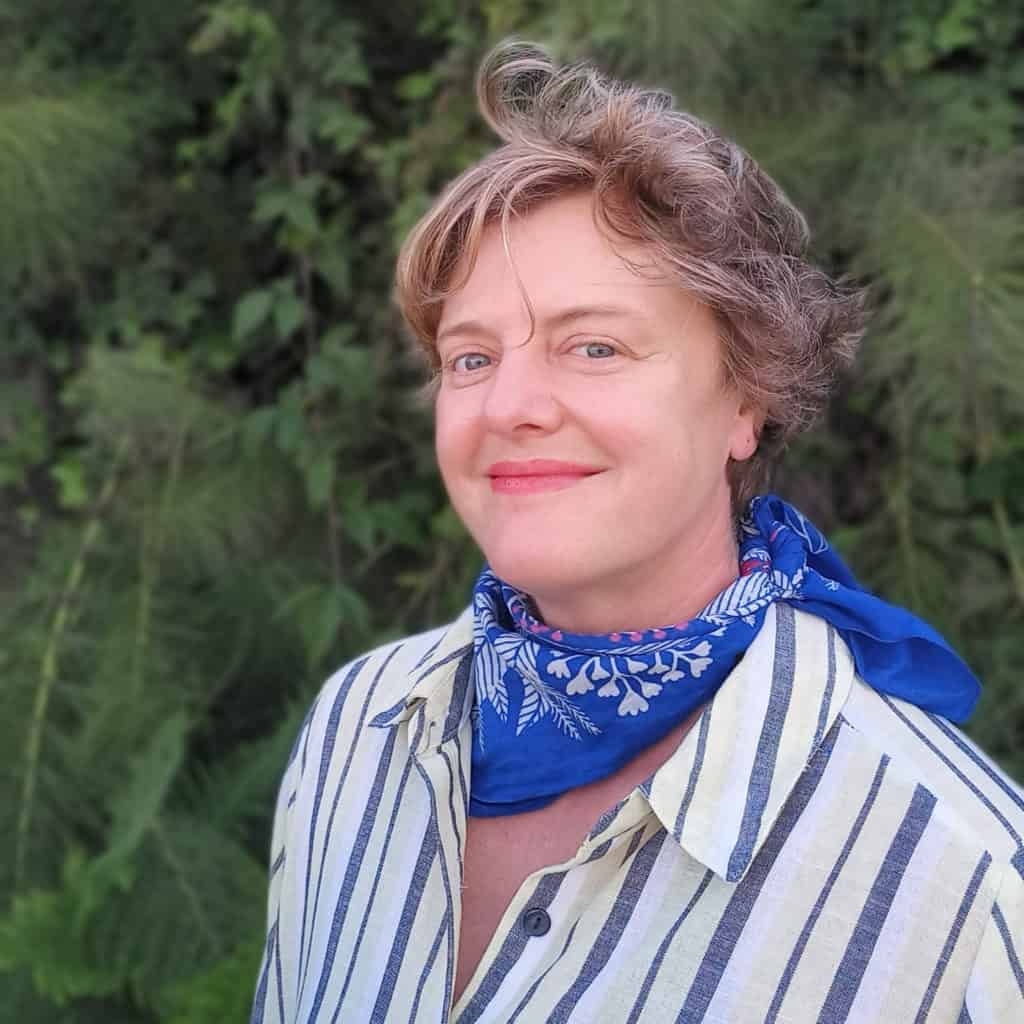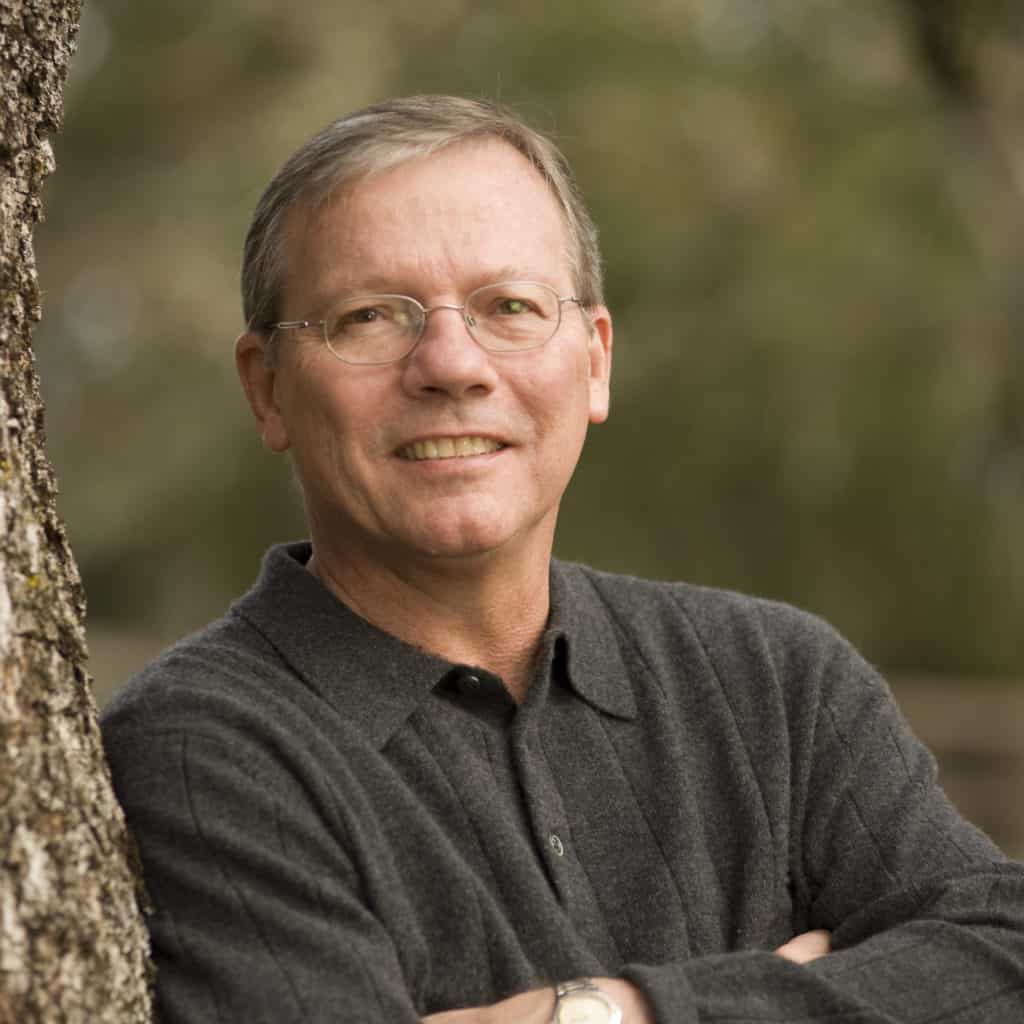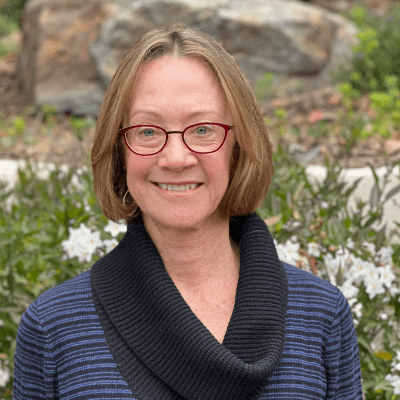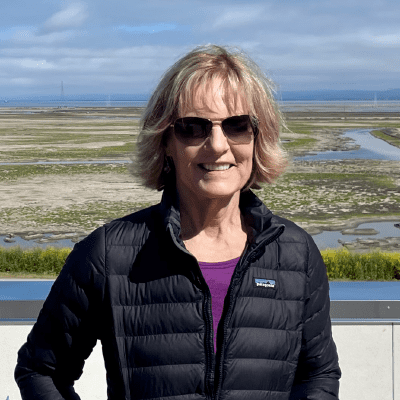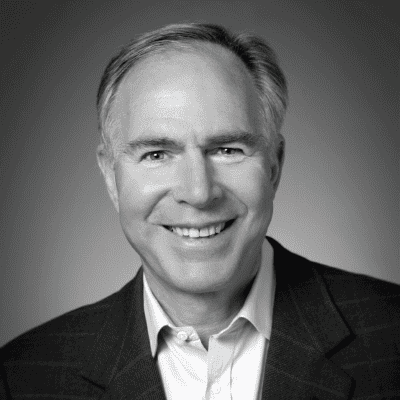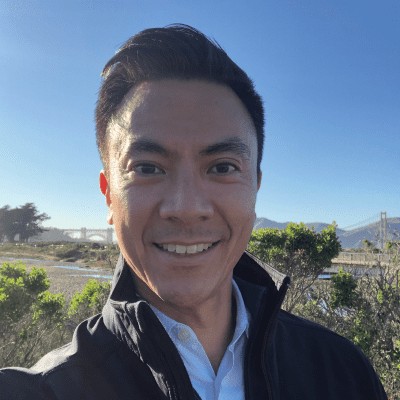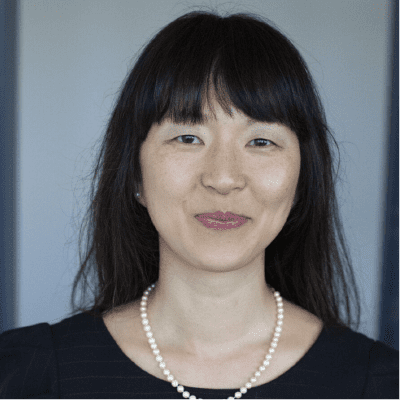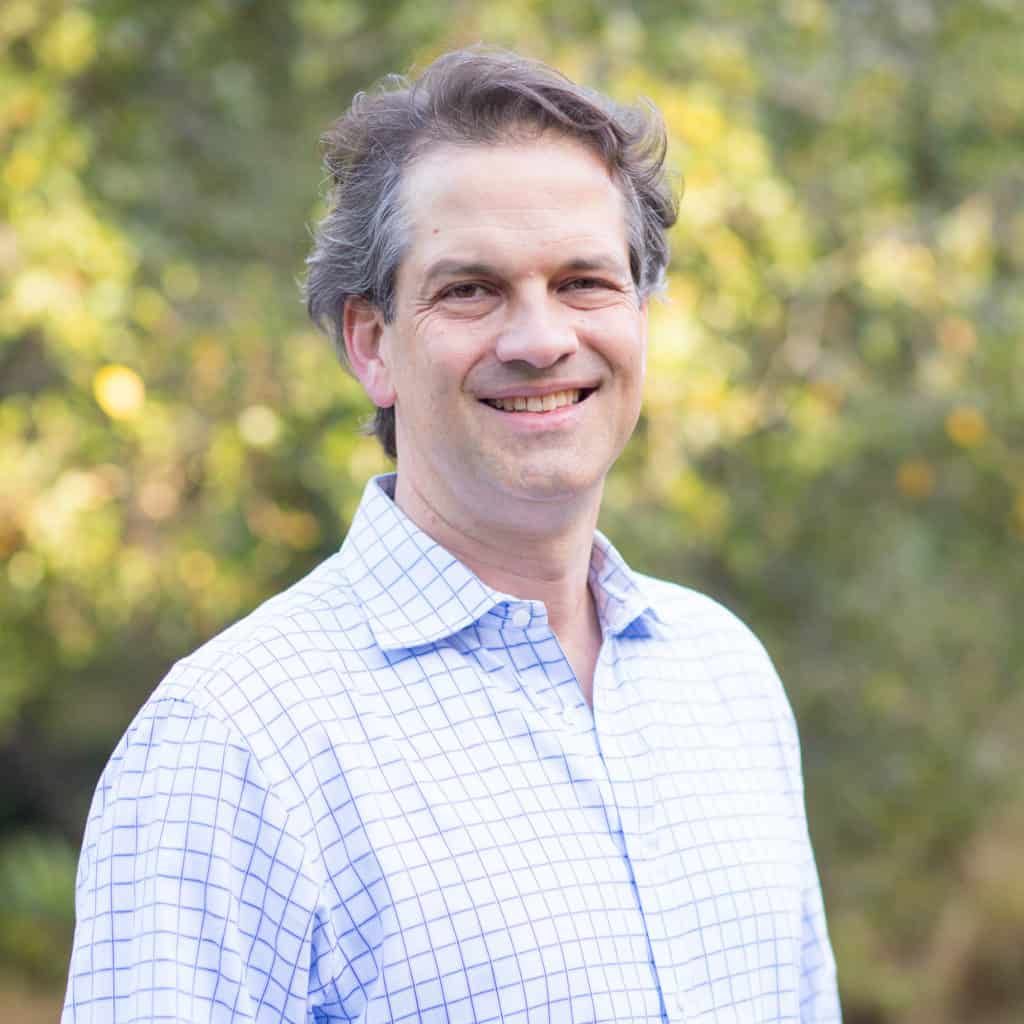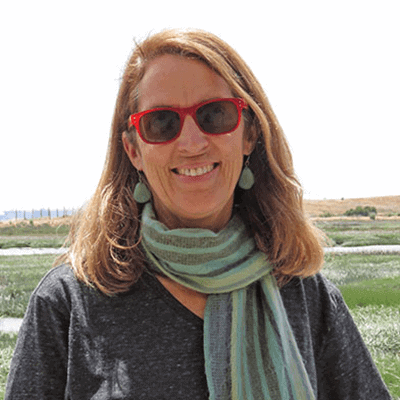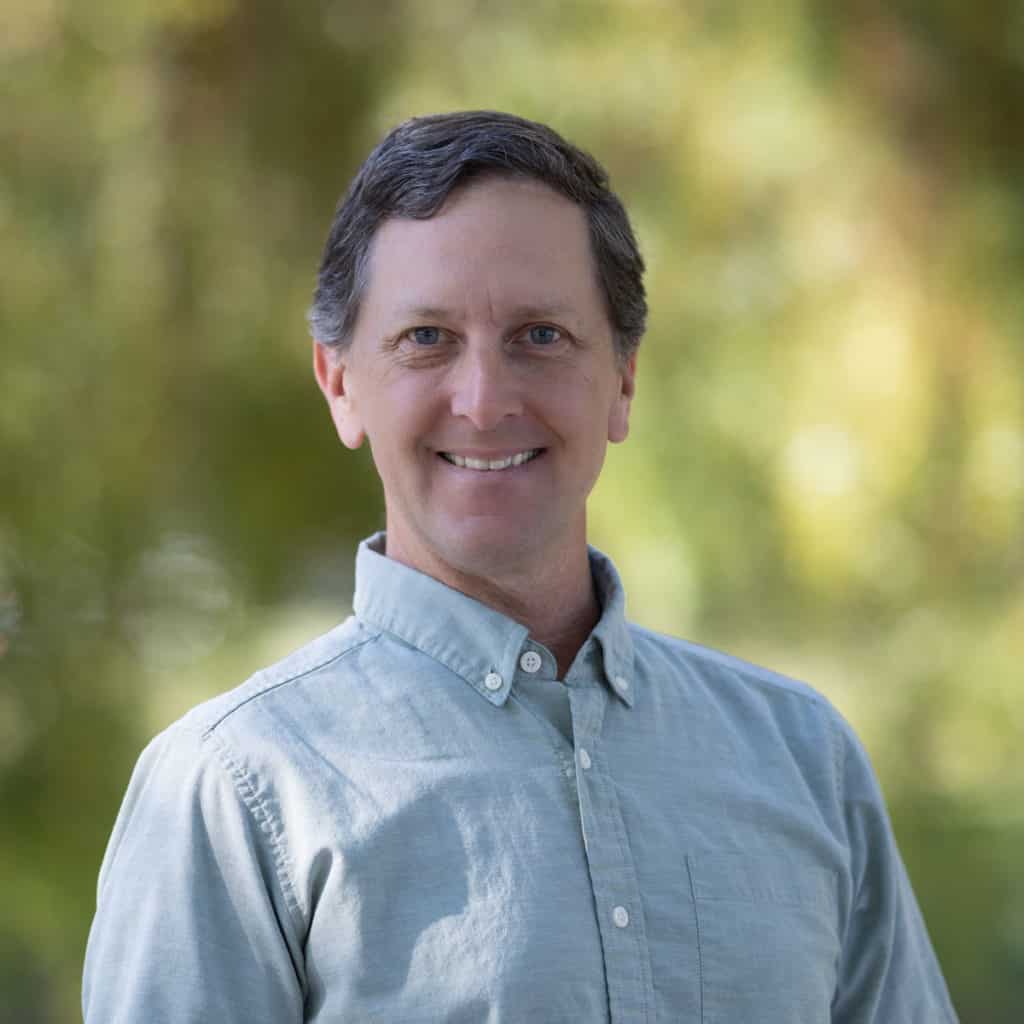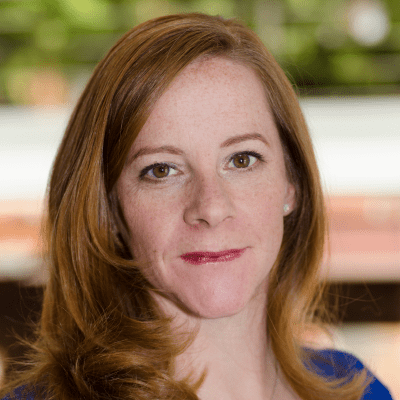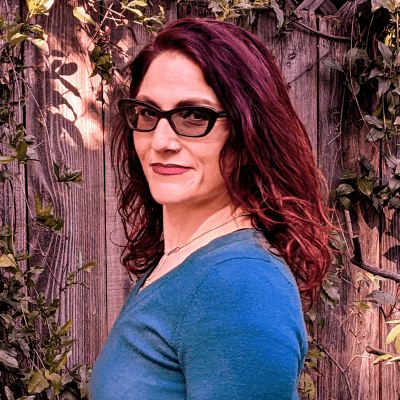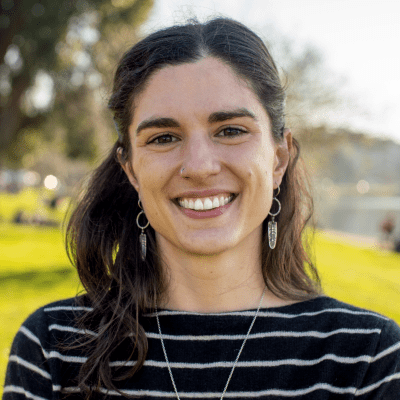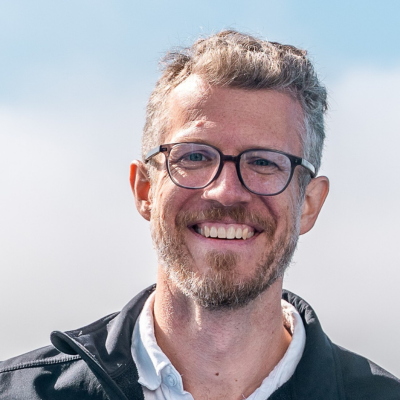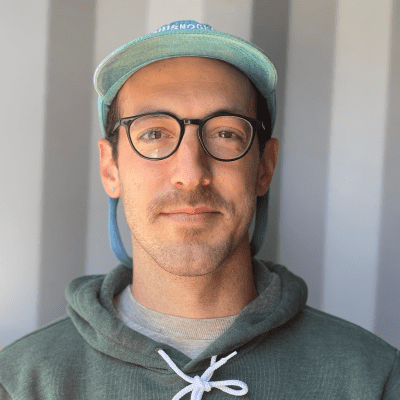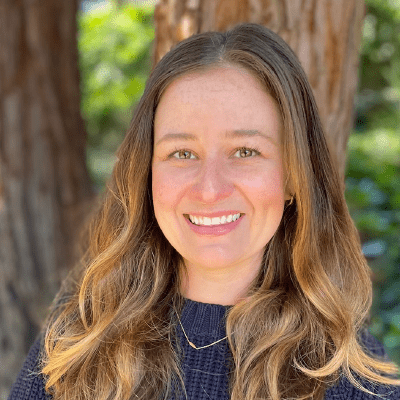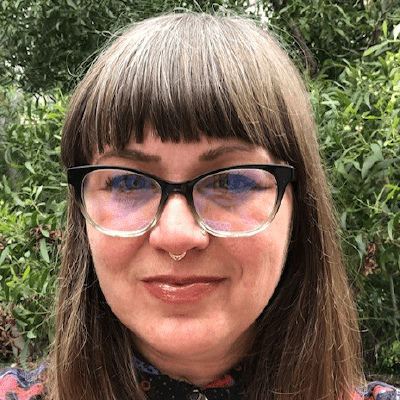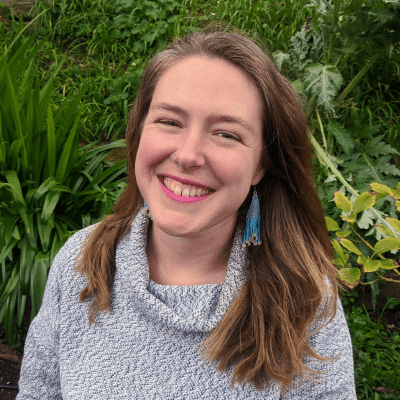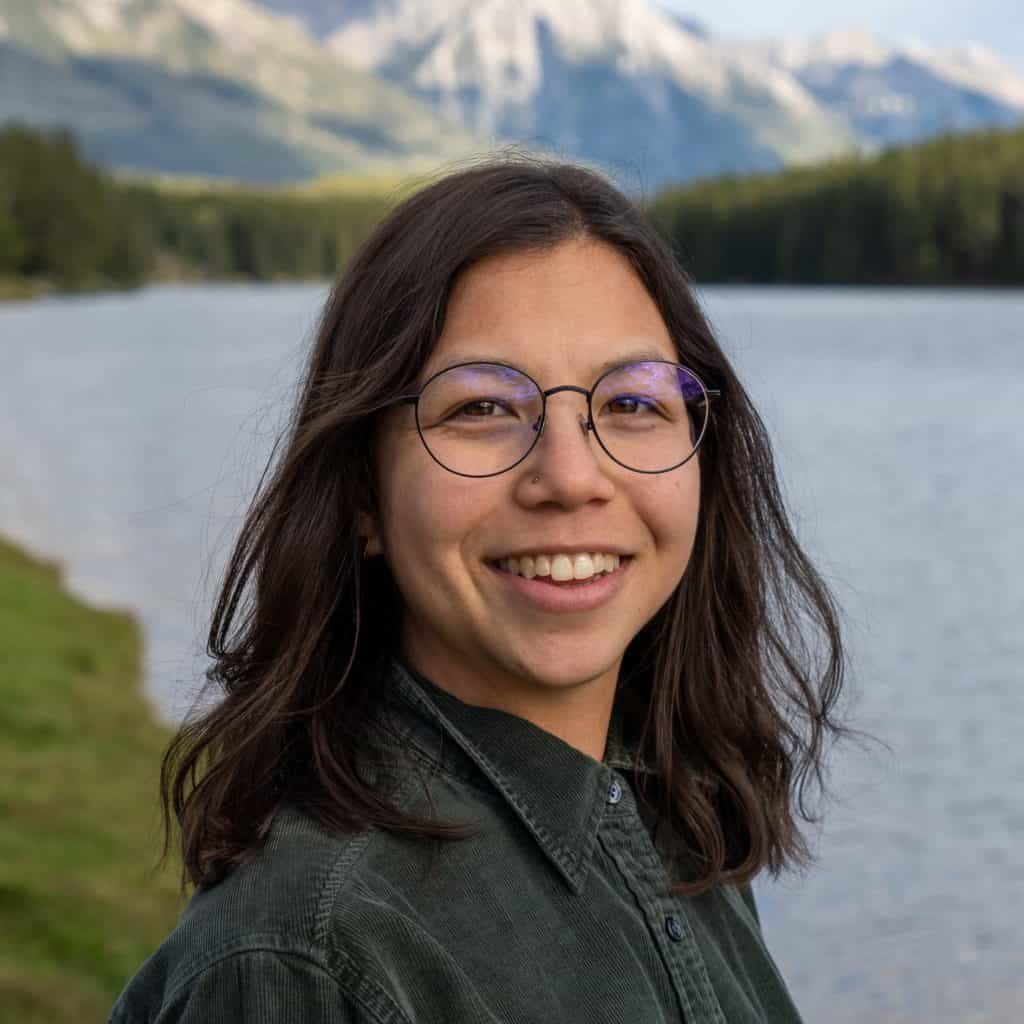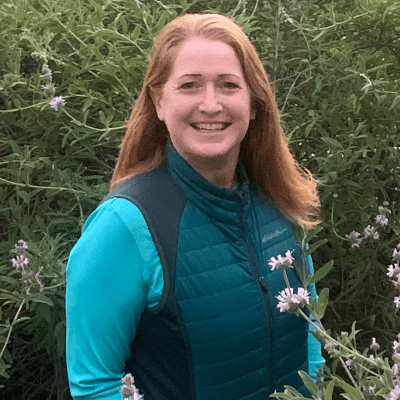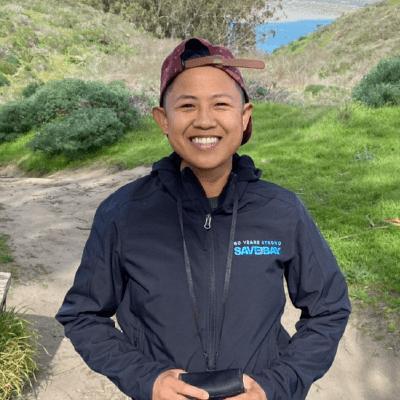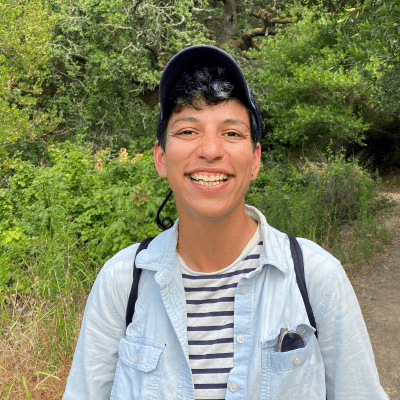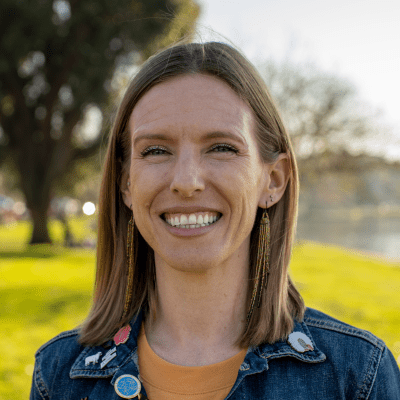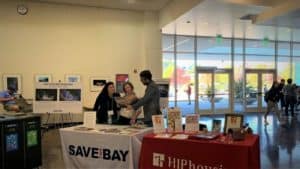
By Rachel Ishizaki – Bay Smart Communities Fellow
Save The Bay presented a workshop on climate change and Bay Smart communities at the 2019 San Mateo County Housing Leadership Day. This annual conference unites elected officials, agency leaders, the non-profit housing community, and activists to discuss current housing policies, challenges, and solutions. It was organized by San Mateo County’s Housing Leadership Council (HLC), a non-profit organization that works with communities and local leaders to produce and preserve quality affordable housing by advocating for policies that directly address the housing shortage. HLC brought together experts and community members to discuss this year’s shared goal: “Piecing Together Complete Communities”.
Save The Bay facilitated an afternoon workshop titled, “Resilient Communities in an Unstable Climate – Adapting to Sea Level Rise and Worsening Storm Events in Planning Equitable Communities”. Our workshop addressed the threats of climate change on vulnerable communities, flood and sea level rise adaptation, and the role of design, planning, and institutional change in protecting people and the built environment. In particular, our panel discussed the importance of understanding both sea level rise and inland flooding from larger storms, and how these factors must be taken into account together as rising seas compound the effects of larger storms. Panelists dug into solutions like shoreline habitat restoration and natural flooding infrastructure, but included cautionary advice to actively work within the community. In particular they highlighted how green infrastructure and shoreline restoration can raise the cost of homes for renters and vulnerable communities, so all of this work must include equity considerations and community engagement.
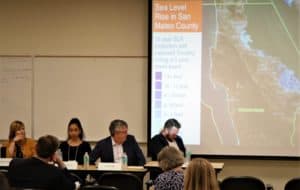
Ofelia Bello shared her experience organizing in East Palo Alto, and explained how communities facing widespread displacement and gentrification are concerned by flooding, but also face more immediate threats to livelihood including housing instability, water quality, lack of sufficient income, and access to health care.
Ofelia closed by stating, “community members most impacted and most vulnerable to climate change and sea level rise need to be engaged and need to have the tools and the technical data in a way that is understandable, that is digestible, that they can connect to in order to inform the kind of adaptations we need to see happen. We need to meet them where they are…and we need to be flexible about that. Flexibility is an absolutely integral part in doing that work effectively.”
Richard Mullane introduced his work on Resilient by Design, a collaborative challenge that worked towards developing innovative solutions to strengthen the Bay Area’s response to sea level rise and natural disasters. In HASSELL’s preliminary observation, they determined that the community they were working with felt cut off from the Bay, despite living so near the shoreline. Richard explained how his team worked to address this during their project by opening a community space in South San Francisco to get feedback from the community in an accessible location with flexible hours, to hear how the community would like to access and be connected to the Bay. His presentation closed with some project level examples of the infrastructure that could help defend San Mateo County from flooding and sea level rise while providing this connection, and the right way to achieve resilience in a community.
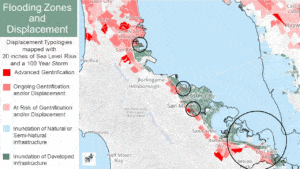
As the final panelists of our workshop, Supervisor Dave Pine reiterated that the issues surrounding climate change are “a social justice matter” and outlined County-level policies aimed at flooding adaptation. He introduced the new county-wide Flood and Sea Level Rise Resiliency Agency that is geared towards just that, creating a resilient San Mateo County. Throughout his presentation he stressed the need for policy structures in place at the local and regional levels to ensure all people are heard and the most vulnerable communities are considered in planning processes.
Outside our own workshop, concrete examples of community consultation and equity work were shared in many of the presentations, under the theme of Piecing Together Complete Communities. Like building affordable housing, building resiliency against climate change requires collaboration not just across city lines but across all income levels and communities. The voices of those most impacted by inequity from climate change must have a voice in the problem-solving process in order to ensure everyone benefits and thrives in the face of sea level rise.
For an overview of the Bay Area’s housing crisis and a look into what Save The Bay is doing, check out our blog series on Bay Smart Communities here.

